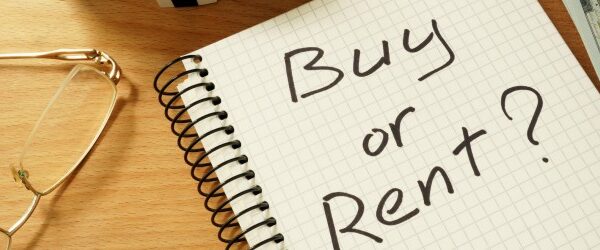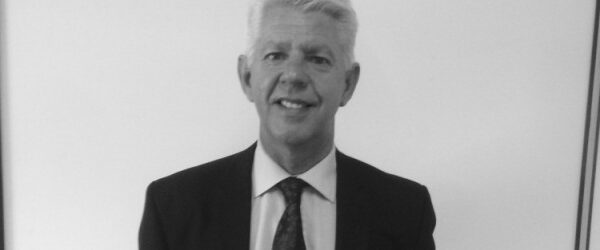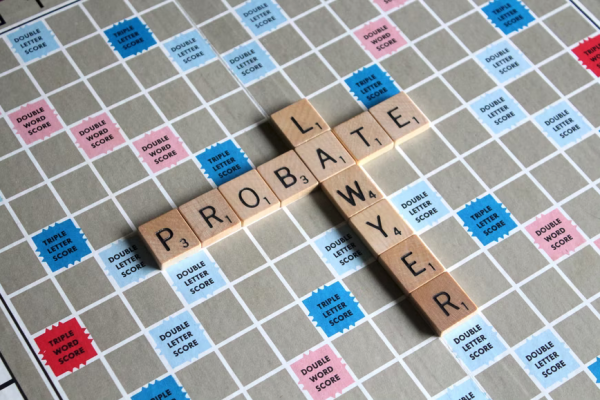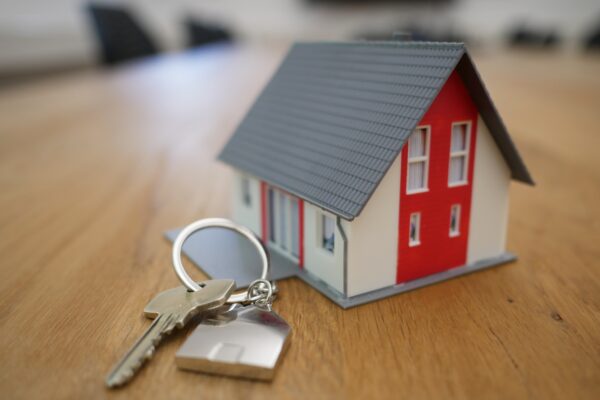Should You Buy Or Rent A Commercial Property?

When new business owners are first starting up, there are a lot of things to figure out. Among all of that, many business owners need to set up a premises of some kind. But even this simple decision can raise all sorts of questions – including whether you should rent your commercial premises, or buy it outright. Buying commercial properties isn’t as popular an option as it used to be, but it does have some perks that can make it more attractive than renting, along with some significant downsides. Today, we wanted to give you a rundown of both options, so that you can choose the best route for your business.
The Pros Of Buying
One of the main advantages of buying your commercial property is the guaranteed rates and consistent, predictable repayments. Presuming you aren’t paying in cash for such a large investment, commercial mortgage repayments will only change if there is an adjustment to the prime lending rate, so you aren’t at the mercy of landlord’s annual rental rate increases. Secondly, once the mortgage is paid off, your business will have acquired a significant asset, which has the potential to be sold for a profit in the future should you wish to.
The security of owning your premises also remove the potential for any moving hassle in the future – no heavy moving costs, no having to change your stationery, advertising and let everyone know you’re moving. It also gives you greater freedom and control over the look and feel of your premises, so you can make adjustments as you wish and make it your own, without having to gain permission from an unwilling landlord. This goes for anything from new paint on the walls to an extension. As you can see, most of the benefits of buying a commercial premises are in the freedoms it provides – both artistic and financial.
The Pros Of Leasing
Of course, leasing a property also gives you flexibility. It means you will be able to move on when you need more space, and you have more choices out there to work with in regards to location and premises size. You can also negotiate rates to suit you, or target particular types of premises that will be more suited for your business. You will also not need to come up with a large deposit and take on a substantial debt early in the business, leaving you able to invest in sustainable growth instead.
You are also freed from the vast majority of big maintenance expenses. Depending on the terms of your contract, finding contracts to paint, service faulty air-conditioners, repair leaking roof or deal with blocked drains will all fall into the landlord’s purview. Instead, you will be responsible for the smaller elements of internal maintenance of the space you use – keeping it all clean, tidy and intact. This allows you to concentrate on running your business, instead of keeping the entire premises up to code. Additionally, you avoid drops in house price, interest rate rises and can enjoy more flexible, short term leases that are perfect for start ups just finding their feet.
Ultimately, the decision whether to buy or rent your commercial property depends on your individual business situation. Many banks are now offering attractive rates on commercial mortgages, but for a small business without a cash reserve finding the deposit and ensuring consistent repayments can be tough. If you would like any advice on buying or leasing a commercial property, please just get in touch with our expert solicitors today.




